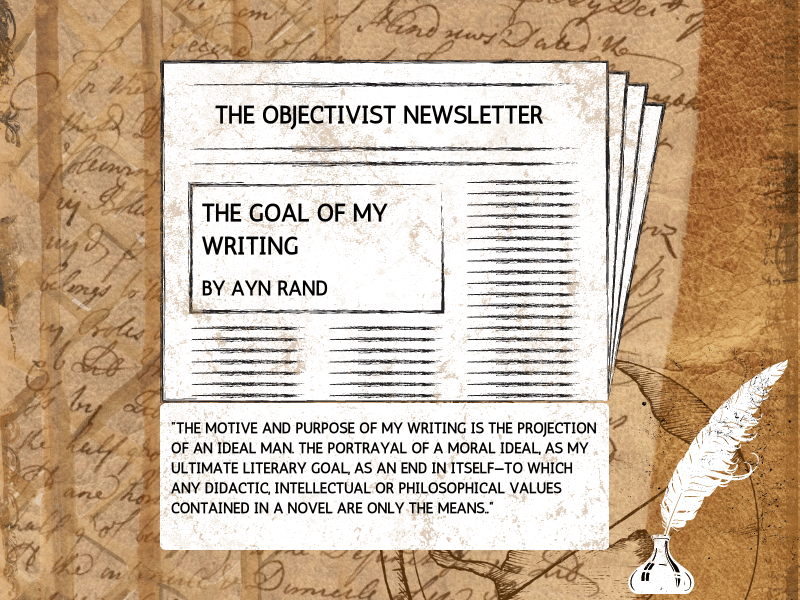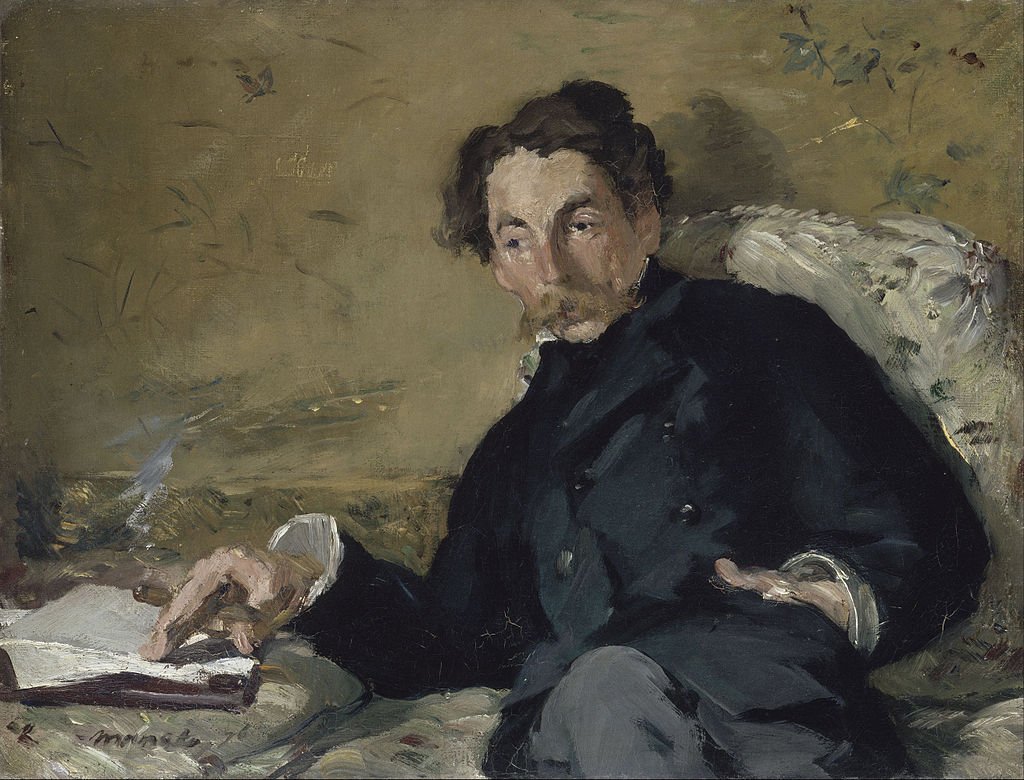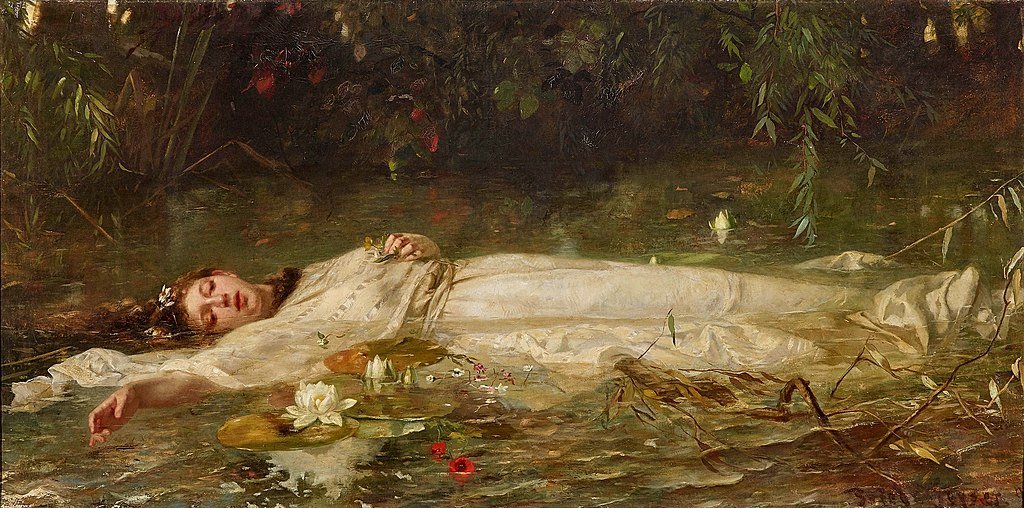Book review: The Fountainhead
Image by A. L. Peck
Synopsis
The Fountainhead is a novel published in 1943 by Ayn Rand about a talented and hardworking architect, Howard Roark, who has strong convictions and an unwavering sense of self. He does outstanding work (and knows it) and his unassailable purpose in life is to create the best buildings possible. He embodies man at his highest capabilities and is one of the few characters in the novel that thinks and acts for himself.
Roark's quest to create buildings is constantly thwarted by society, which is portrayed as unthinking, destructive, and out of control. The novel is full of characters who don't know what they want and don't think for themselves (so-called "second-handers") but absorb the opinions of the media. For instance, if a journalist says that modern architecture is a disgrace and only the classical style is beautiful, then people will only buy classical houses.
The book revolves around whether Roark can succeed in innovating and creating buildings or if society and its groupthink will take him down.
For a brief interlude…check out these articles for more insights + subscribe to my newsletter:
The Fountainhead review: 4/5 stars
First, we'll start with the novel's merits. I liked the structure of the novel. It's divided into four sections, each named after one of the main characters: Peter Keating, Dominique Francon, Ellsworth Toohey, Gail Wynand, and Howard Roark. Each section delves deeper into the character's backgrounds and what makes them tick—character development is one of the novel's greatest strengths.
I thought the most interesting character was newspaper tycoon Gail Wynand because his values differed drastically from his contributions to society. He builds a newspaper empire off of perpetuating second-hander views. He also creates solely for profit, whereas Roark works for himself and betters society.
Dominique Francon was interesting because she didn't contribute to society or produce anything, yet was one of the novel's protagonists. This seems to be Rand's way of saying that you can achieve greatness in your thoughts and actions despite not producing anything tangible.
There's also a love triangle.
Now onto the drawbacks. The beginning wasn't immediately gripping—it took me about 50-100 pages to get into reading it, though afterward, it was a page-turner (which is a difficult feat considering the novel is >700 pages long). A contributing factor was too many uninterrupted philosophical speeches at the start, which didn't seem organic (this improved as the novel progressed).
Lastly, some plot points seemed too convenient or unrealistic (which I won't get into to avoid spoilers) and I thought Rand could have spent more time building up to the ending.
If you're deciding between The Fountainhead and Atlas Shrugged, go with Atlas Shrugged first. The Fountainhead is very similar but is almost like a dry run.
Takeaways from The Fountainhead
Discipline your thoughts and actions.
Live by your own beliefs and desires.
Find what you love to do and are great at. Go after it entirely.
Suffering and failure are common to everybody. Persevering is unique.
The weak members of society seek to live off the backs of the strong without providing anything in return.
The media is dangerous and insidious; people without credibility can spread destructive ideas for profit. Be careful what you consume.
Altruism is usually a facade.
Most people don't know what they want so they absorb the opinions of others. This gives people with opinions a lot of power.
Don't help second-handers.
Individual > collective.
***
For a brief interlude…check out these articles for more insights + subscribe to my newsletter:
Best quotes from the book
"To sell your soul is the easiest thing in the world. That's what everybody does every hour of his life. If I asked you to keep your soul—would you understand why that's much harder?"
"Behind each, there were the years of a life lived or half over, effort, hope and an attempt, honest or dishonest, but an attempt. It had left on all a single mark in common: on lips smiling with malice, on lips loose with renunciation, on lips tight with uncertain dignity—on all—the mark of suffering."
Best vocabulary from the book
Second-handers: people who can't think for themselves. "One who regards the consciousness of other men as superior to his own and the facts of reality" (from the Ayn Rand lexicon).
Bromide: Bromine is what doctors used to use to sedate patients. In the novel, it describes what second-handers contribute to society and seems to be one of Rand's favorites based on how frequently she uses it :)
Have you read The Fountainhead or any of Ayn Rand’s other novels? Share your thoughts in the comments below!









